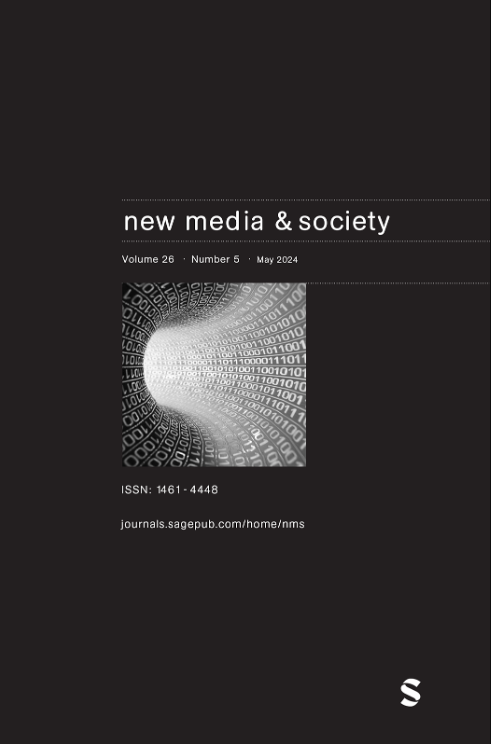感知人工智能的干预不会影响事实核查的说服力
IF 4.5
1区 文学
Q1 COMMUNICATION
引用次数: 0
摘要
越来越多的人建议并测试通过人工智能(AI)等技术来扩大事实核查的规模。本研究探讨了当读者意识到人工智能参与事实核查过程时,之前观察到的事实核查阅读效果是否会保持不变。我们进行了三次在线实验(N = 3978),让参与者接触到人工生成或人工智能辅助的事实核查,模拟人工智能完全生成事实核查或自动检索人工事实核查的情况。我们的研究结果表明,事实核查的说服效果,特别是在提高真相辨别力方面,即使是事先对人工智能没有积极态度的参与者也会持续存在。此外,在某些情况下,对人工智能作用的认识减少了共和党人在事实核查中感知到的政治偏见。最后,无论是人工智能生成的事实核查还是人类的事实核查,都没有明显影响参与者对目标政客的感情或他们对目标政客能力的看法。本文章由计算机程序翻译,如有差异,请以英文原文为准。
Perceiving AI intervention does not compromise the persuasive effect of fact-checking
Efforts to scale up fact-checking through technology, such as artificial intelligence (AI), are increasingly being suggested and tested. This study examines whether previously observed effects of reading fact-checks remain constant when readers are aware of AI’s involvement in the fact-checking process. We conducted three online experiments ( N = 3,978), exposing participants to fact-checks identified as either human-generated or AI-assisted, simulating cases where AI fully generates the fact-check or automatically retrieves human fact-checks. Our findings indicate that the persuasive effect of fact-checking, specifically in increasing truth discernment, persists even among participants without a positive prior attitude toward AI. Additionally, in some cases, awareness of AI’s role reduced perceived political bias in fact-checks among Republicans. Finally, neither AI-generated nor human fact-checks significantly affected participants’ feelings toward or their perceptions of the competence of the targeted politicians.
求助全文
通过发布文献求助,成功后即可免费获取论文全文。
去求助
来源期刊

New Media & Society
COMMUNICATION-
CiteScore
12.70
自引率
8.00%
发文量
274
期刊介绍:
New Media & Society engages in critical discussions of the key issues arising from the scale and speed of new media development, drawing on a wide range of disciplinary perspectives and on both theoretical and empirical research. The journal includes contributions on: -the individual and the social, the cultural and the political dimensions of new media -the global and local dimensions of the relationship between media and social change -contemporary as well as historical developments -the implications and impacts of, as well as the determinants and obstacles to, media change the relationship between theory, policy and practice.
 求助内容:
求助内容: 应助结果提醒方式:
应助结果提醒方式:


